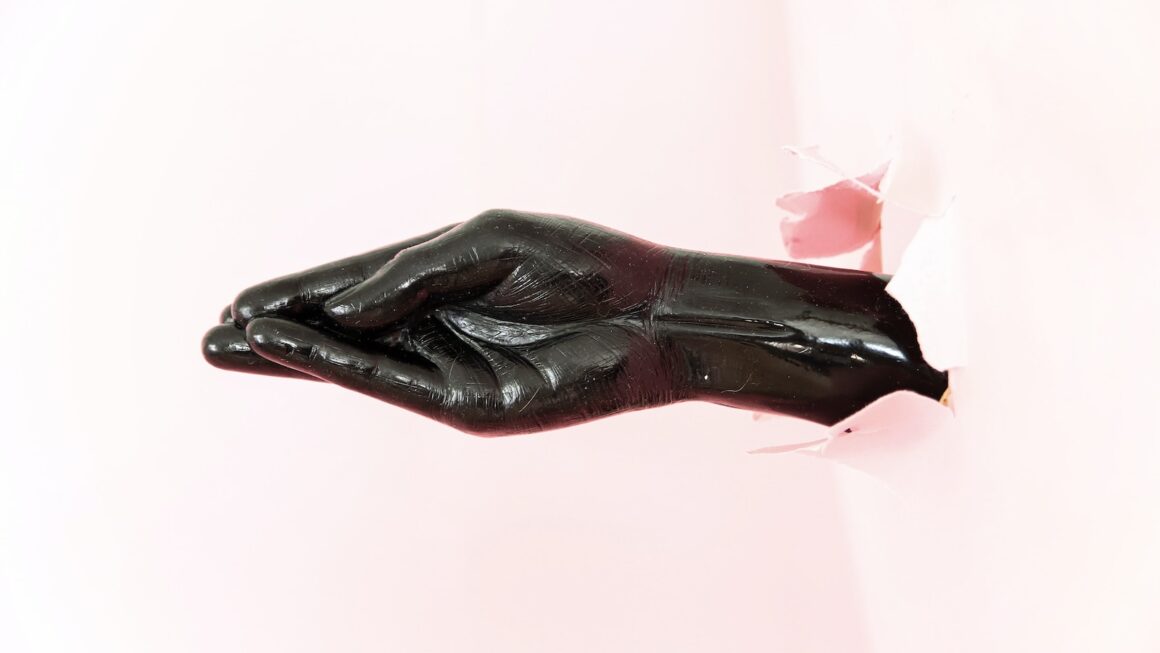Condoms are an important part of safe sex, but they don’t last forever. That’s why it’s important to check their expiration dates regularly and use them up before they’re past their prime.
Expired condoms can still offer protection against STIs and pregnancy, but they’re less effective than new ones. Here’s what happens if you use an expired condom:
Expired Condoms Increase Your Risk of STIs
Using an expired condom for sexual intercourse increases your risk of getting an STD, especially if the condom breaks inside your vagina. Broken condoms can leave sperm behind, which can then be transmitted to your partner during sex. STIs include herpes, genital warts and viral infections such as HIV and hepatitis C.
According to Planned Parenthood, an unexpired condom can provide around a 98% protection rate against pregnancy and STIs when used properly. However, an expired condom is less likely to provide adequate protection because the latex degrades over time and the lubricant dries out.
A condom’s expiration date is printed on the box and each individual condom wrapper. The condom’s expiration date is usually followed by a two-digit number, such as 2022-10, which means the condom will expire in October of 2022. Condoms should be stored in a cool, dry place away from direct sunlight, as exposure to heat and moisture accelerates the deterioration of the latex.
The effectiveness of an expired condom has a lot to do with how it was stored before its expiration date. If the condom was kept in a cool, dark drawer in your bedroom, it is less likely to break. Before you use a condom, give it a visual inspection to look for any holes or tears and if it feels dry, sticky, stiff or uncomfortable.
Expired Condoms Increase Your Risk of Pregnancy
When a condom passes its expiration date, the material breaks down chemically and loses lubrication, making it less effective as a barrier to pregnancy and sexually transmitted infections. Expired condoms are also more likely to tear or break during use.
To make sure you’re using a safe and effective condom, check the wrapper for a stamp with a string of numbers that corresponds to an expiration date. Then, squeeze the condom lightly and look for a cushion of air. If the condom feels dry or has a foul odor, it’s past its prime.
Condoms should be stored in a cool, dark place out of the light. But even if you’re good about checking the dates on your stash, some may still expire before you notice. If that happens, you can still protect yourself from STIs and unintended pregnancy by using emergency contraception or by visiting your gynecologist for post-exposure prophylaxis for HIV and chlamydia.
While expired condoms aren’t ideal, they may be better than nothing at all if you and your partner don’t have any other way of avoiding an unwanted pregnancy or STI infection. Just keep in mind that the risk is still high. And, of course, if you have a fresh set of condoms on hand, it’s always best to go with those.
Expired Condoms Increase Your Risk of Infection
A condom that’s been stored properly and hasn’t reached its expiration date typically offers 98 percent protection against pregnancy or sexually transmitted infections (STIs). But the truth is, even if a condom hasn’t expired, it may not be safe to use if you notice any signs of damage.
A major sign of an expired condom is minuscule holes or tears that appear in the weakened material. These tiny rips can create passages that allow sperm to enter the vagina, leading to unplanned pregnancy. It’s also possible that an expired latex condom will break during sex, which can lead to an unprotected vaginal or penis.
Even if a condom hasn’t passed its expiration date, storing it improperly can cause it to degrade much faster. For example, putting a condom in your wallet or in your glove box exposes it to heat and friction, which can accelerate the breakdown of its materials.
A condom can also lose its effectiveness if it’s used with lubricant other than the manufacturer’s recommended brand and type. Other lubricants, including baby oil and petroleum jelly, can damage or weaken a condom, which can then lead to rips or holes that make it less effective. A condom with these teeny-weeny tears or rips can’t form an effective barrier between bodily fluids and prevent the spread of viruses, bacteria or parasites.
Expired Condoms Increase Your Risk of Unplanned Pregnancy
Over time, the material that condoms are made from degrades and becomes less flexible. This can cause them to break or tear during sex, which puts both partners at increased risk for unintended pregnancy and sexually transmitted infections. The rate of degradation varies by the type of condom and how it’s stored. Natural latex and polyurethane condoms have the longest shelf lives, while lambskin and sheaths are typically good for up to five years. However, even these materials can degrade faster if they’re exposed to heat or if they’re used with lube or other additives.
In addition to breaking or tearing during use, old condoms may also develop tiny rips that aren’t noticeable. If sperm sneaks through these holes, they can enter the cervix and cause pregnancy. Old condoms also may chafe the penis and areas around the vagina, which can make sex uncomfortable for both partners.
Of course, even an expired condom is better than not using a condom at all. But if you do have access to new condoms, make sure you double-check the expiration date and store them properly. And always give a condom a visual inspection before using it; if it feels dry, sticky, or has a foul smell, toss it and get a fresh one. If you’re unsure whether or not to use a condom, consult with your healthcare provider or gynecologist.




